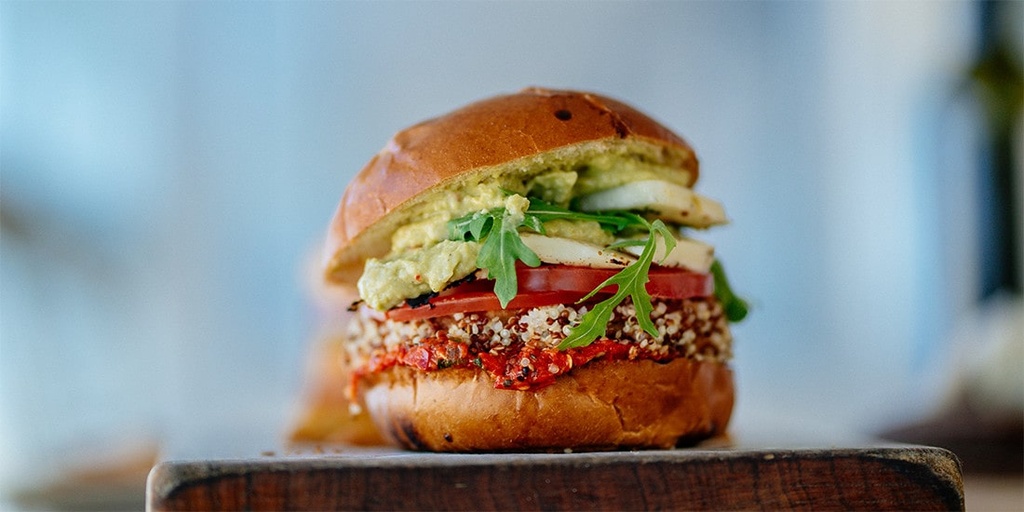Go vegetarian
- Earth Points
- 60
- Ease
- Ambitious

Photo by Lefteris kallergis on Unsplash
Description
There is global scientific consensus: making the transition to a more plant-based diet, such as whole grains, seeds and nuts, legumes (beans, peas, lentils, soy derivatives), fruits and vegetables, is one of the most effective ways you can slow climate change, reign in habitat loss, and regenerate the health of our planet.
It also improves your own physical well-being by preventing and treating certain diseases and vegetarians live longer. Plus as a bonus, you save money from not buying expensive meat.
Your dietary choice can contribute to global food availability and security, which is critical due to expected population growth. Replacing all animal-based items in the diet with plant-based alternatives will add enough food to feed a billion+ additional people! Animal-based foods are more resource and land-intensive.
Becoming vegetarian can be a good stepping-stone on the way to a fully plant-based diet (i.e. vegan), or it can be a great place to end up: better for the planet and better for you.
Tips
• Fasten your belts and embark on a fascinating new sensory pathway that will nourish your soul as much as your taste buds. Once you leave meat behind, your tastes change — and you become much more aware of spices and flavorings.
• It is easier than ever to become vegetarian — and healthier. Grains, beans, and vegetables are rich in protein and iron. Green leafy vegetables, beans, lentils, tofu, and nuts are excellent sources of calcium. Regular intake of vitamin B-12 is important, however, either from fortified foods or supplements.
Some ideas to consider to help you on your journey:
-
Think of three vegetarian meals that you already enjoy. Common ones are vegetable stir-fry, vegetable stew, or pasta primavera. Plus do not forget about french fries!
-
Think of three recipes you prepare regularly that can be adapted. For example, a favorite chili recipe can be made replacing meat with beans. Enjoy bean burritos and veggie burgers instead of hamburgers, and thinly sliced, grilled eggplant and roasted red peppers instead of grilled chicken in sandwiches. Many soups, stews and casseroles can be made with simple changes.
-
From burgers to butter, there is now an incredible array of genuinely delicious vegetarian substitutes in mainstream supermarkets.
-
Check out some veggie cookbooks and experiment with recipes until you find three new ones that are easy to make and delicious.
-
For breakfast, try muffins with fruit spread or cereals with rice, oat or almond milk. Sandwiches with spreads like hummus or white bean paté with lemon and garlic, pasta salads, or dinner leftovers make great lunches.
-
Go international! There are many vegetarian dishes from multiple cultures — Indian, Vietnamese, Moroccan, and more.
• It takes about three weeks to break or create a habit. Give it a try, enjoy and have fun!
For more information, this is a helpful veggie starter kit and another detailed resource is the The Vegetarian Resource Group.
